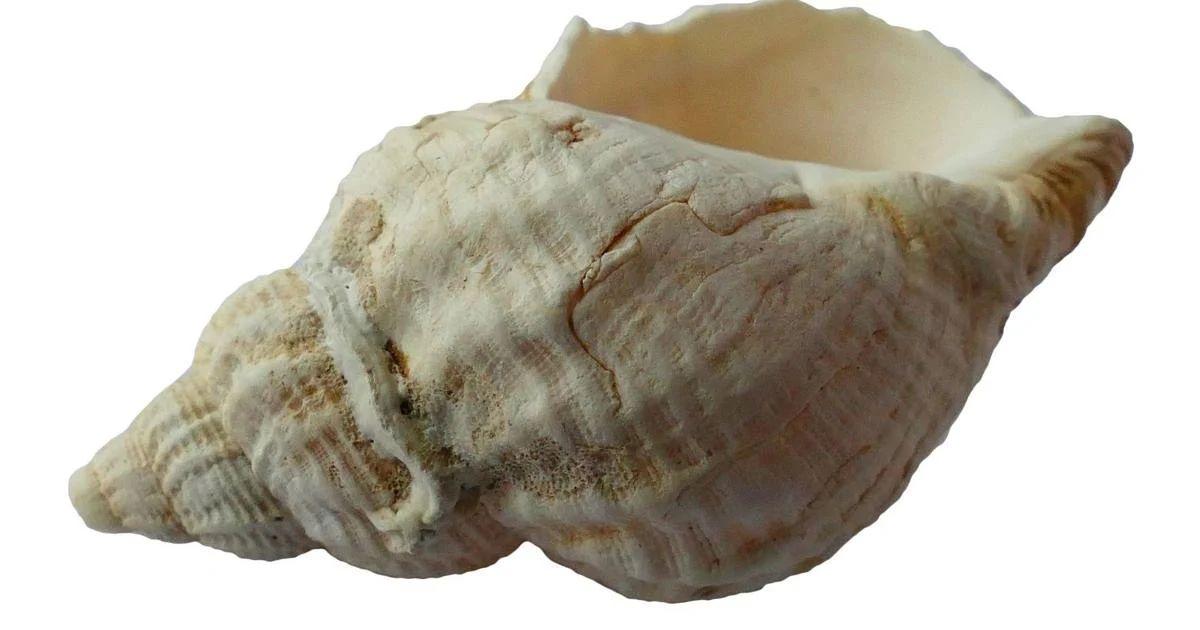- This topic has 0 replies, 1 voice, and was last updated by .
-
AuthorPosts
-
June 6, 2024 at 9:06 am #2086Up::0
The symbolism of conch shell in Hindu Rituals

In Hindu rituals and symbolism, the conch shell holds significant importance. It is known as the Shankha in Sanskrit. Here are some of its symbolic representations:Divine Sound: The sound produced by blowing into the conch shell is considered sacred and symbolizes the creation of the universe. In Hindu cosmology, it’s believed that the sound Aum (Om) originated from the vibrations of the conch.
Purity and Cleansing: The conch shell is believed to purify the environment by its sound and is often used in rituals to ward off negative energies.
Symbol of Creation: The conch shell’s spiral shape symbolizes the beginning of existence and the cyclic nature of life, death, and rebirth.
Connection with Deities: Many Hindu deities are depicted holding a conch shell, such as Lord Vishnu. It’s considered one of the divine weapons (Ayudhas) and represents power, authority, and protection.
Communication with the Divine: In rituals, the conch shell is often blown to announce the beginning or conclusion of ceremonies, as well as to invoke the presence of gods and goddesses.
Symbol of Fertility: In some cultures, the conch shell is associated with fertility and is used in rituals related to marriage and childbirth to bless couples with progeny.
Harmony and Unity: The sound of the conch shell is believed to create harmony and unity among the participants of a ritual, symbolizing the coming together of individuals in spiritual communion.
Sacred Scriptures: The conch shell is mentioned in various Hindu scriptures, including the Vedas and Puranas, where it is revered as a sacred object with divine attributes. Its presence in these texts further emphasizes its importance in Hindu tradition.
Directional Symbolism: In some Hindu traditions, the conch shell is associated with specific directions. For example, it may symbolize the north-eastern direction, which is considered auspicious in Vastu Shastra (traditional Indian architecture) and is associated with prosperity and well-being.
Offerings and Ritual Implements: The conch shell is often used as an offering in rituals and ceremonies. Water or other sacred substances are poured into it, symbolizing the offering of devotion and reverence to the deity being worshipped.
Spiritual Awakening: Blowing the conch shell is believed to awaken spiritual consciousness and dispel ignorance. The sound vibrations produced are thought to resonate with the soul, helping individuals on their spiritual journey towards enlightenment.
Victory and Triumph: The conch shell is sometimes associated with victory and triumph, especially in the context of battles. In ancient times, warriors would blow conch shells to announce victory and inspire courage among their comrades.
Symbol of Lakshmi: In some traditions, the conch shell is associated with the goddess Lakshmi, the consort of Lord Vishnu and the goddess of wealth, prosperity, and fortune. It is believed that the conch shell embodies her divine qualities and blessings.
Healing and Well-being: The sound vibrations produced by the conch shell are believed to have therapeutic effects on the body and mind. In certain practices, it is used in sound therapy or meditation to promote relaxation, healing, and overall well-being.
Cultural Significance: Beyond its religious and spiritual symbolism, the conch shell holds cultural significance in Hindu society. It is often featured in art, literature, and folklore, serving as a symbol of tradition, heritage, and identity.
Overall, the conch shell holds deep symbolic significance in Hinduism, representing creation, purity, divine connection, protection, and the cyclical nature of existence.
These additional layers of symbolism enrich the multifaceted significance of the conch shell in Hindu rituals and traditions, highlighting its diverse roles as a spiritual, cultural, and symbolic artifact.
Overall, the conch shell holds deep symbolic significance in Hinduism, representing creation, purity, divine connection, protection, and the cyclical nature of existence.

-
AuthorPosts
- You must be logged in to reply to this topic.